How one signboard resurrected the India-Canada rift
'Republic of Khalistan' sign appears on gurdwara in Surrey, Canada with Indian officials calling it a provocation
News Desk
The News Desk provides timely and factual coverage of national and international events, with an emphasis on accuracy and clarity.
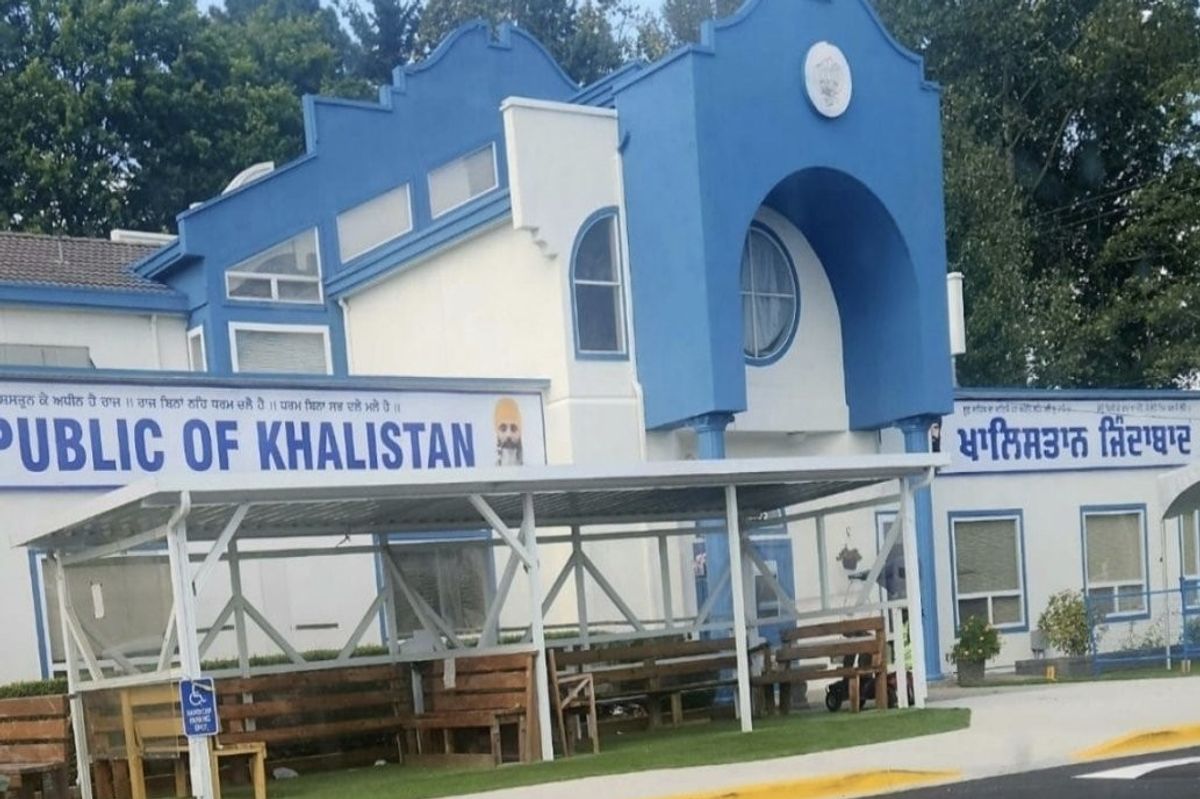
A view of the gurdwara in Surrey, Canada which is in spotlight over a 'Republic of Khalistan' board
Courtesy: India Today
Republic of Khalistan board being viewed as self-proclaimed Embassy of Khalistan in India
Gurdwara was run by Hardeep Singh Nijjar who was shot dead in 2023
Thaw in relations after Modi-Carney meeting on sidelines of G7 put on spotlight
A makeshift board declaring the “Republic of Khalistan” outside the Guru Nanak Gurdwara in Surrey, Canada has reignited a longstanding diplomatic rift between India and Canada.
The gurdwara, which doubles as a community center, was once led by Hardeep Singh Nijjar—a Sikh separatist leader who was shot dead in its parking lot in June 2023. His murder triggered a diplomatic crisis that continues to shape India-Canada relations.
The new board is not officially sanctioned by any government, but its presence is politically explosive.
Indian media has described it as tantamount to setting up an “embassy” of Khalistan—the proposed independent Sikh state.
Reports claim the board was put up by Sikhs for Justice (SFJ), a U.S.-based group banned in India since 2019 and known for its pro-Khalistan advocacy.
Indian officials view the move as a provocation and a test of Canada’s commitment to containing secessionist movements operating on its soil.
Indian reporter's account
Maha Siddiqui of NDTV reported that the signboard clearly labeled itself a “self-proclaimed embassy of Khalistan.”
The gurdwara received grants from the provincial government in British Columbia, raising questions within India about whether Canadian taxpayer funds are being misused to support secessionist sentiment, she said.
The timing is also critical as there were signs of a thaw in relations between the two countries.
In June 2024, Canadian Prime Minister Mark Carney met with Indian Prime Minister Narendra Modi on the sidelines of the G7 summit.
The appearance of the Khalistan sign has now disrupted that momentum, according to what Indian media is reporting.
What is the Khalistan movement?
The Sikh separatist movement, which seeks to create an independent Khalistan in India’s Punjab region, has historically been a source of friction between India and its diaspora communities, particularly in Canada.
While the armed insurgency that plagued Punjab in the 1980s and 1990s was crushed, the idea of Khalistan remains alive among certain diaspora groups. Canada is home to the largest Sikh population outside India -- over 770,000 according to the 2021 census.
The diplomatic rupture reached new depths in 2023 when then-Canadian Prime Minister Justin Trudeau alleged that Canadian intelligence was pursuing “credible allegations” of a link between Indian government agents and Nijjar’s assassination.
India dismissed the claims as “absurd and motivated.”
Both countries expelled diplomats in a tit-for-tat move, and Ottawa paused trade negotiations with New Delhi.
Complicating matters further was the 2024 indictment of three Indian nationals in connection with Nijjar’s murder, reinforcing Canadian suspicions that elements of the Indian state may have been involved.
This isn’t the first time Sikh separatism has cast a shadow over diplomatic ties.
In 2018, Trudeau faced backlash in India after Jaspal Atwal—a man convicted in a 1986 attempt to assassinate an Indian minister—was invited to a formal dinner hosted by the Canadian High Commission in New Delhi. Although Trudeau rescinded the invitation and called it a mistake, the incident contributed to India’s perception of Canada as permissive toward Khalistani sympathizers.
For India, Khalistan remains a red line.
For many Canadian Sikhs, however, the issue is tied to unresolved trauma from the 1984 anti-Sikh riots, in which thousands of Sikhs were killed after the assassination of Prime Minister Indira Gandhi by her Sikh bodyguards.


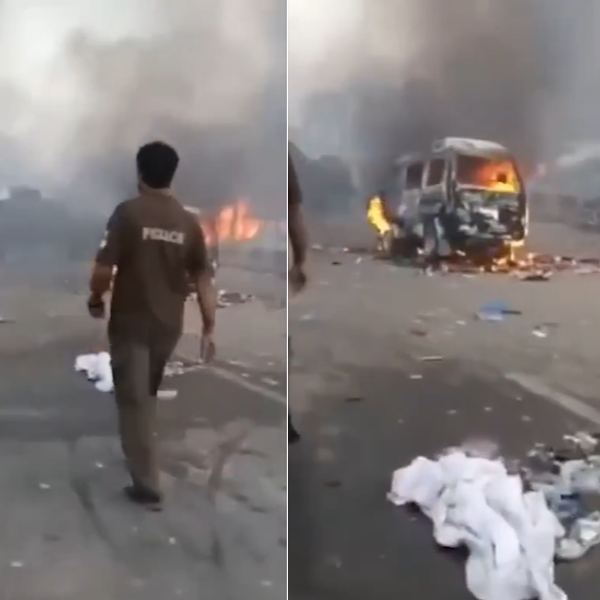
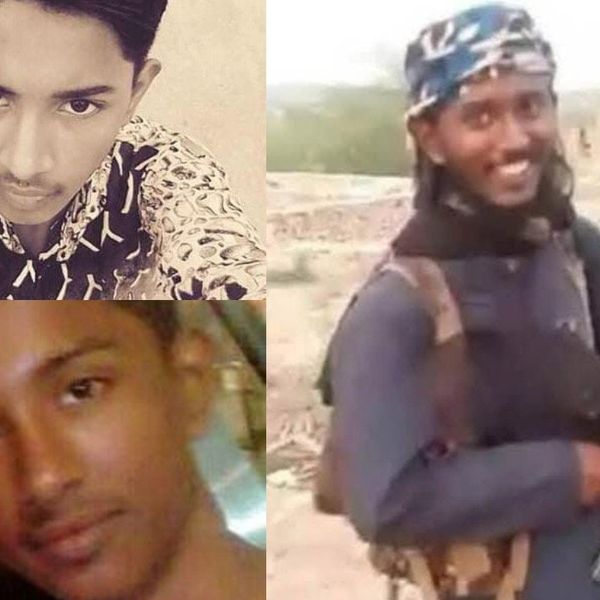
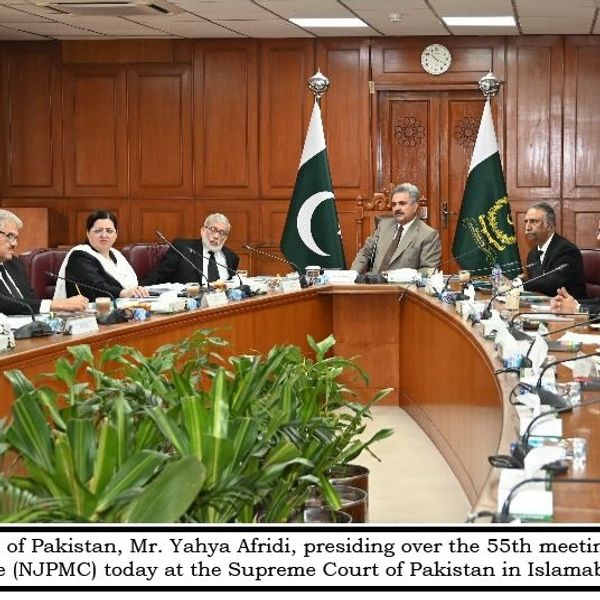
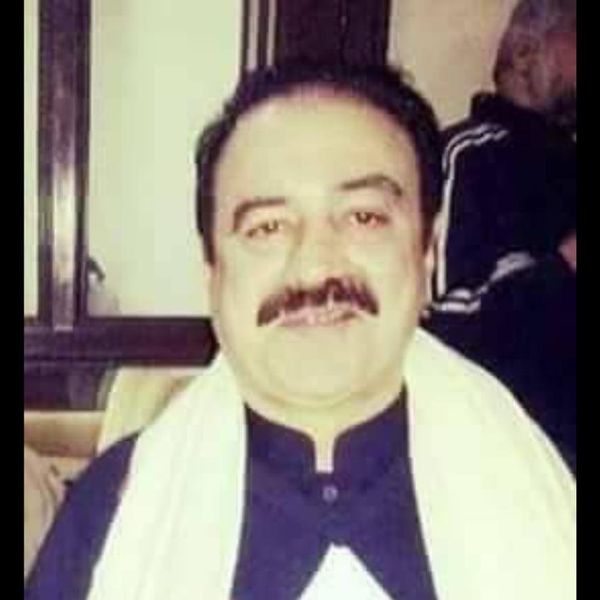
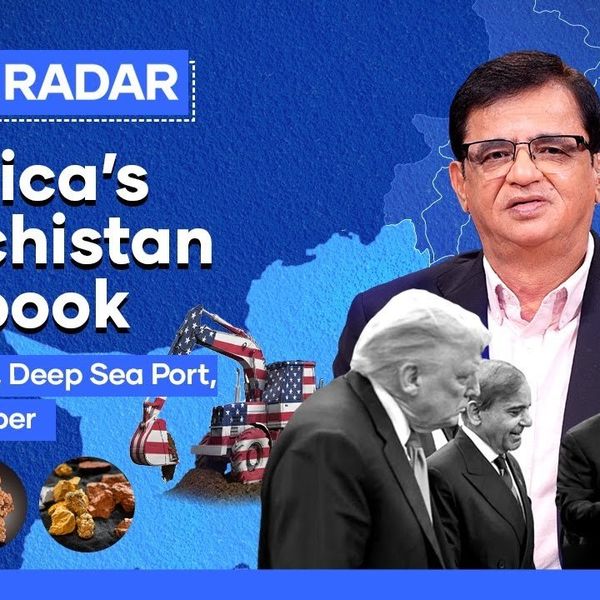

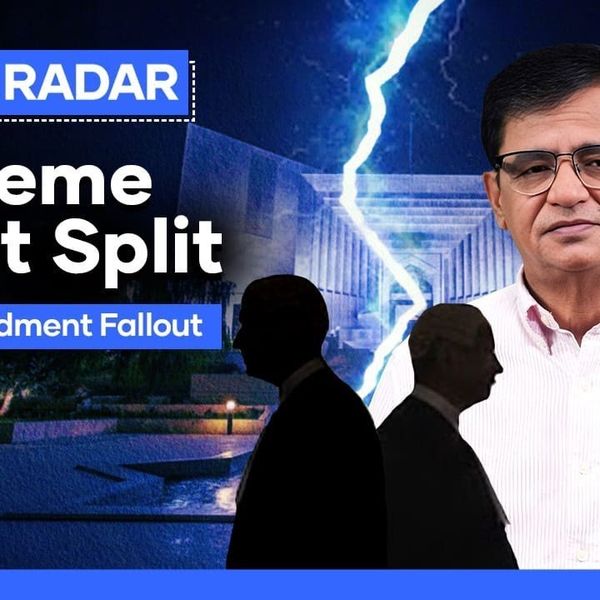

Comments
See what people are discussing